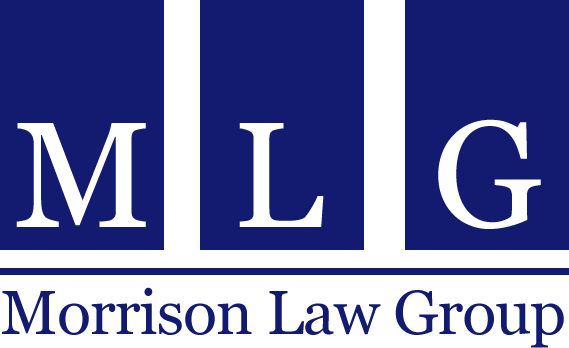The United States Bankruptcy Code provides different types of bankruptcy for different types of individuals and business organizations. An individual or entity’s financial situation is, of course, the primary determining factor of what chapter under the Bankruptcy Code is best for any individual bankruptcy debtor.
Someone trying to stop a repossession because of a temporary layoff and loss of income may benefit most by filing a chapter 13 case. Someone trying to stop a garnishment for a credit card or medical debt may benefit most by filing a Chapter 7 case.
The following is a summary to help distinguish the different types of bankruptcy cases available under Title 11 (the Bankruptcy Code) and federal law to individuals and business organizations in the United States.
Personal Bankruptcy – Chapter 7
Probably the most common form of bankruptcy, Chapter 7 allows natural persons and artificial persons, i.e., business organizations (subject to exception) to file a “liquidation bankruptcy” under the Bankruptcy Code. This type of bankruptcy is a liquidation because debtors must sell or “liquidate” certain property to pay their unsecured creditors in exchange for obtaining a fresh start.
The Chapter 7 bankruptcy trustee sells or “liquidates” property that is not protected by a state or federal bankruptcy exemption which excludes or exempts property from a debtor’s bankruptcy estate, the body, and sum of property available for liquidation with the proceeds of sale distributed to the debtor’s creditors. In most personal Chapter 7 bankruptcy cases, all property is protected by an exemption under state law. If there are no non-exempt assets, most personal Chapter 7 bankruptcy cases last no longer than 4 – 6 months with a bankruptcy discharge typically granted approximately three to four months after the date that the bankruptcy petition was filed. Debtors may start rebuilding credit as soon as they receive their discharge order.
Personal Bankruptcy – Chapter 13
Chapter 13 is the second most common type of bankruptcy filed by individuals. More than 232,000 Chapter 13 bankruptcy cases were filed from July 1, 2019, to June 30, 2020. Unlike Chapter 7, business organizations other than sole proprietors are not permitted by the Bankruptcy Code to file Chapter 13 bankruptcy cases, which are known as a “reorganization” since it includes and requires a plan that repays a portion of the debtor’s total debt.
Personal Bankruptcy – Chapter 11
Most laypersons are familiar with Chapter 11 bankruptcy cases through their local newscasts and newspapers since large, well-known global businesses typically file for bankruptcy relief under Chapter 11 of Title 11. Chapter 11 bankruptcies are also “reorganizations” and require the filing and approval of a repayment plan and disclosure statement. A chapter 11 case also requires debtors to file monthly operating reports. Chapter 11 is the proper tool for businesses that wish to reorganize under federal bankruptcy law since Chapter 13 is an option for only the reorganization of individuals – natural persons.
Although individuals and married couples are eligible to file bankruptcy under Chapter 11, it is typically not a viable personal bankruptcy option for most individuals. The court filing fee is more than $1,700 in Utah and attorney fees may start at $15,000, if not more. A chapter 11 filing is an option for individuals with exceptional financial circumstances, as well as the financial and operational means to handle the requirements of a Chapter 11 bankruptcy case.
Stay tuned for Part Two which discusses Chapter 20 bankruptcy cases, as well as business, farm, and municipality bankruptcies.
One of the Morrison Law Group’s qualified and knowledgeable bankruptcy attorneys may answer any questions about filing a Chapter 7, 11, 13, or 20 bankruptcy case. Call 801.456.9933 today to schedule a FREE consultation. We have locations in Ogden, Logan, Sandy, and St. George to serve the residents of the counties of Weber, Cache, Salt Lake, Utah, Morgan, Davis, Washington, and surrounding areas.


